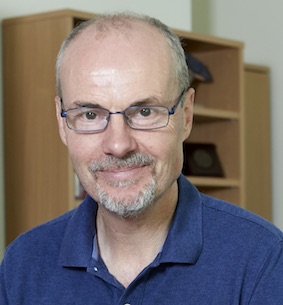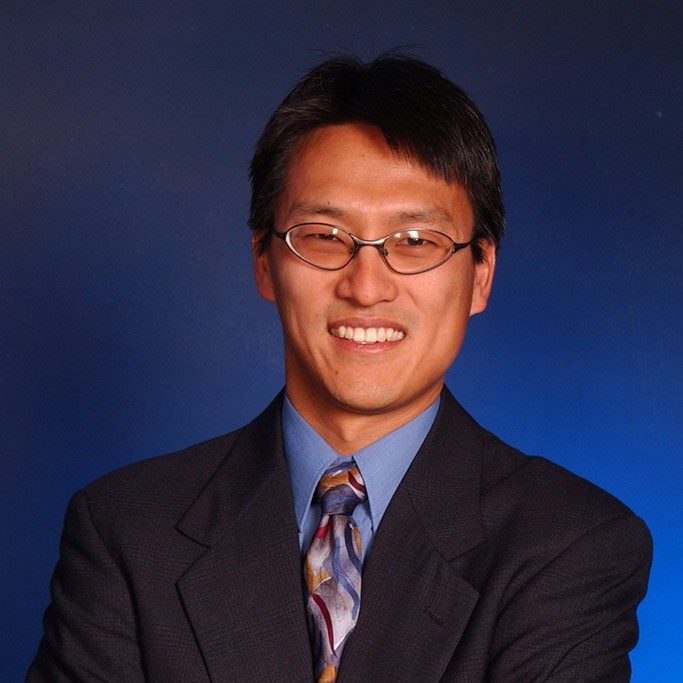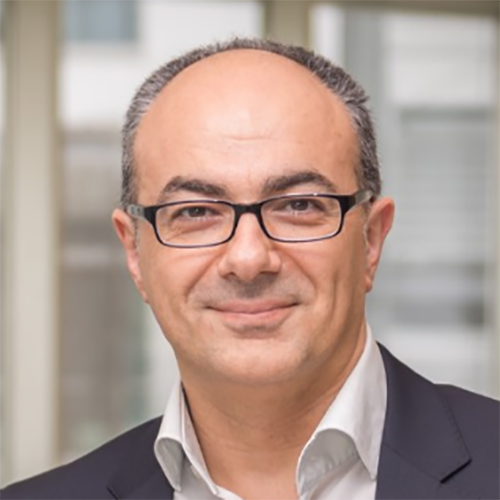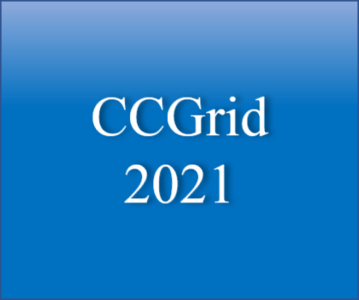|
|
| Keynote Speech |
1. Title: Human-centric Software Engineering for Next Generation Cloud-and
Edge-based Applications
|

|
Professor John Grundy
Australian Laureate Fellow and Professor of Software Engineering
Faculty of Information Technology
Monash University, Australia
https://research.monash.edu/en/persons/john-grundy
|
Abstract:
Humans are a key part of software development, including customers,
designers, coders, testers and end users. In this talk I discuss several
examples from our recent and current work on handling human-centric
issues when engineering cloud- and edge-based software systems. This
includes personality impact on aspects of software testing;
incorporating end user emotions into software requirements engineering
for smart homes; reporting diverse usability defects; using
human-centric, domain-specific visual models for non-technical experts
to specify and generate data analysis applications; and incorporating
diverse human usage patterns into emerging edge computing applications.
I assess the usefulness of these approaches, and briefly discuss our
current work on new human-centric approaches to engineering smart cities
applications, including edge and cloud-based components.
|
Biography:
John Grundy is Australian Laureate Fellow and Professor of Software
Engineering in the Faculty of IT, Monash University. He has been an
academic leader for nearly 20 years and had various leadership roles at
University of Auckland, Swinburne University of Technology, Deakin
University and Monash University. He teaches in the area of software
engineering, his research focuses on automated software engineering and
human-centric software engineering, and he has a number of industry R&D
and consulting projects. He is Fellow of Automated Software Engineering,
Fellow of Engineers Australia, Chartered Professional Engineer,
Engineering Executive, and Senior Member of the IEEE.
|
2. Title: At the Synergistic Intersection of Scalable Computing, Data
Analytics, and Machine Learning
|

|
Professor Wu FENG
Department of Computer Science Department of Electrical & Computer Engineering Health Sciences
Virginia Polytechnic Institute and State University, USA
http://people.cs.vt.edu/~feng/
|
Abstract:
With processor clock speeds plateauing in the 3-GHz range in the
mid-2000s (due to the excessive heat being generated by higher clock
speeds), the computing industry was forced to embrace parallel computing
as a way to continue to improve performance. By the mid-2010s, parallel
computing was ubiquitous (e.g., iPhone 6s) while the overall rate of
performance improvement of a computing core had slowed from doubling
every 1.5 years (1985-2005) to doubling only every 20 years
(2015-today). Similarly, over this past decade, our digital universe of
big data has grown from 1.2 zettabytes (i.e., sextillion bytes) to
nearly 40.0 zettabytes, indicating a doubling of data size every 2
years. Thus, the rate of growth in big data is far outstripping the rate
at which computing can (brute-force) compute on the data. As a
consequence, we have turned to the co-design of architecture, software,
and in particular, algorithms to more efficiently and intelligently
compute on the data via algorithmic re-factoring and machine learning,
respectively. This talk provides a high-level overview of such
activities within the Synergy Lab, SEEC Center, and SHREC Center at
Virginia Tech and concludes with a brief feature on our "Stochastic
Block Partitioning via Sampling" work, which was recently awarded a
Student Innovation Award at the IEEE High-Performance Extreme Computing
(HPEC) Conference as part of the MIT/Amazon/IEEE Graph Challenge.
|
Biography:
Wu Feng is an Elizabeth & James Turner Fellow and Professor of Computer
Science at Virginia Tech (VT), where he directs the Synergy Lab and
serves as a VT site director for the NSF Center for Space,
High-Performance, and Resilient Computing (SHREC) and director of the
Synergistic Environments for Experimental Computing (SEEC) Center. In
addition, he holds appointments in the Department of Electrical &
Computer Engineering, Health Sciences, and Biomedical Engineering and
Mechanics. His research area encompasses parallel and distributed
computing, ranging from architecture to middleware and tools to
applications, with the goal of enabling scientists and engineers to
focus on their science and engineering rather than on the computer
science and engineering. For more about his lab's and centers' research
as well as the associated students, staff, and faculty, please visit
http://synergy.cs.vt.edu/, http://www.nsf-shrec.org/, and
http://seec.cs.vt.edu/. He is an ACM Distinguished Member and IEEE
Senior Member and is perhaps best known for his research in
energy-efficient computing (e.g., Green Destiny and The Green500 List:
http://www.top500.org/green500) and emergent cloud computing for the
life sciences (http://biocomputing.cs.vt.edu/).
|
3. Edge Intelligence – Understanding the convergence of Edge, Fog, and Cloud
|

|
Professor Schahram Dustdar
Institute of Information Systems Engineering
Vienna University of Technology (TU Wien), Austria
https://dsg.tuwien.ac.at/team/sd/
|
Abstract:
With the advent of Edge Computing and the coming of age of Artificial
Intelligence, there is a strong demand to integrate Edge Computing and
AI, which gives birth to Edge Intelligence. In this article, we divide
Edge Intelligence into AI for Edge (Intelligence-enabled Edge Computing)
and AI on Edge (Artificial Intelligence on Edge). In this talk we will
discuss this new inter-disciplinary field from a broader perspective. We
discuss the core concepts and the research roadmap, which should provide
the necessary background for potential future research programs in Edge
Intelligence.
|
Biography:
Schahram Dustdar is Full Professor of Computer Science heading the
Research Division of Distributed Systems at the TU Wien, Austria. He holds several honorary positions: University of California (USC) Los
Angeles; Monash University in Melbourne, Shanghai University, Macquarie
University in Sydney, and University of Groningen (RuG), The Netherlands
(2004-2010). From Dec 2016 until Jan 2017 he was a Visiting Professor at
the University of Sevilla, Spain and from January until June 2017 he was
a Visiting Professor at UC Berkeley, USA. He is founding co-Editor-in-Chief of the ACM Transactions on Internet of
Things (ACM TIoT) as well as Editor-in-Chief of Computing (Springer). He
is an Associate Editor of IEEE Transactions on Services Computing, IEEE
Transactions on Cloud Computing, ACM Transactions on the Web, and ACM
Transactions on Internet Technology, as well as on the editorial board
of IEEE Internet Computing and IEEE Computer. Dustdar is recipient of the ACM Distinguished Scientist award (2009),
the Distinguished Speaker award (2020), the IBM Faculty Award (2012). He
is an elected member of the Academia Europaea: The Academy of Europe,
where he is chairman of the Informatics Section, as well as an IEEE
Fellow (2016).
|
|
|

